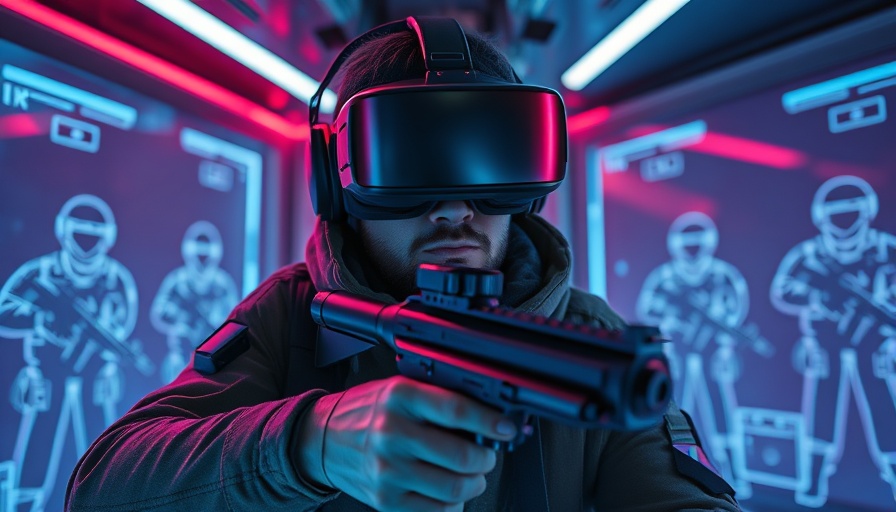
Exploring the Revolutionary Potential of Brain-Computer Interfaces
As technology advances, brain-computer interfaces (BCIs) are emerging as one of the most groundbreaking innovations of our time. These devices allow direct communication between the brain and external devices, opening a new frontier for health and technology integration. Tools like BCIs have been used to treat neurological diseases, improve cognitive function, and even empower paralyzed individuals to control computers using only their thoughts.
The Giants of BCI Technology
In the spotlight of BCI development, companies like Neuralink, founded by Elon Musk, showcase the transformative potential of these technologies. Neuralink’s experiments, where monkeys play video games through neural implants, prompt not only wonder but also ethical discussions. What happens when this technology transitions from animals to humans? Will the possibilities of “downloading memories” become a reality, or will ethical concerns slow its progress?
A Holistic Alternative: MindAffect
However, not everyone is on board with the intrusive methods proposed by such companies. Dutch healthtech firm MindAffect presents a non-invasive alternative, utilizing headband-worn BCIs for auditory and visual testing. By analyzing brain responses to sensory stimuli, MindAffect’s solutions promise affordability and ease of use, catering to a broader audience without the need for invasive procedures.
The Future of Brain-Computer Interfaces
The advancements in BCIs are not just about technology; they usher in discussions about the ethical implications of merging human cognition with machines. As these tools become more integrated into healthcare, what are the social implications? The conversation must extend beyond capability, focusing on privacy, autonomy, and the potential for misuse.
The exploration of brain-computer interfaces reveals exciting potential and pressing ethical questions. As technologies evolve, the role of companies like MindAffect will be crucial in providing inclusive and safe options. Each innovation brings us closer to understanding the complexities of our own brains.
Stay curious about these developments in technology and how they might shape the future of both health and society.
 Add Row
Add Row  Add Element
Add Element 


 Add Row
Add Row  Add
Add 

Write A Comment